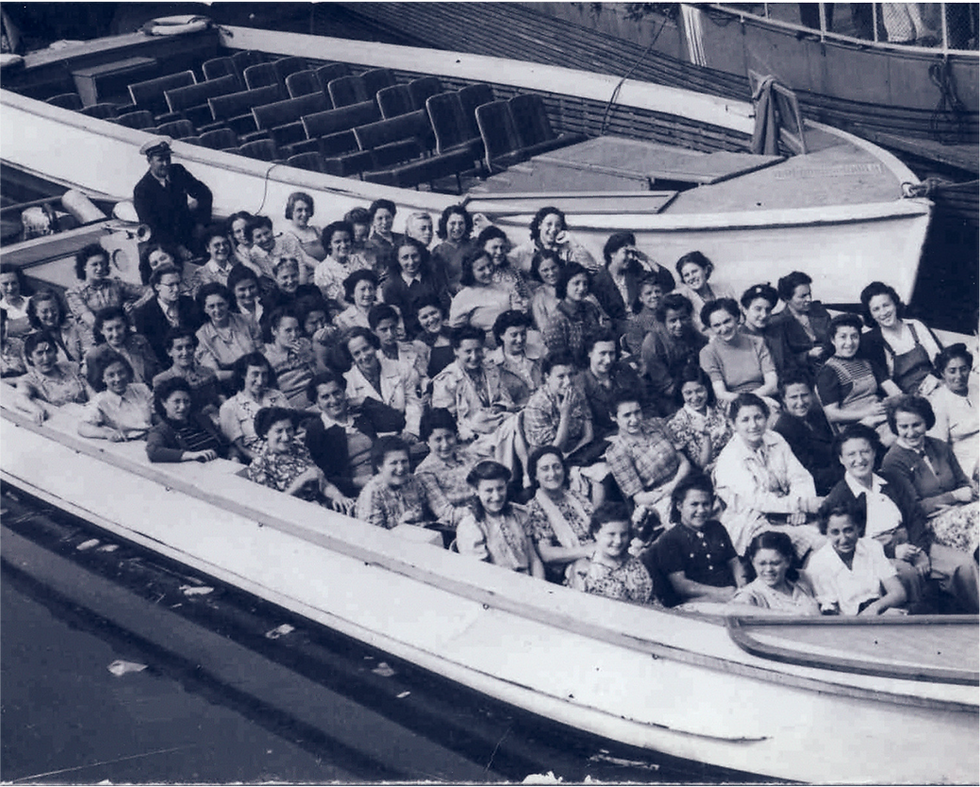

Wed, Dec 03
|Online Webinar
Where They Settled: Sweden
A continuation of our series, this lecture explores the community that Holocaust survivors built in Sweden from the war years through the present.
Time & Location
Dec 03, 2025, 11:00 AM – 12:00 PM
Online Webinar
About
This talk by Dr. Pontus Rudberg explores what happened to the thousands of Holocaust survivors who found themselves in Sweden after liberation. Often remembered through the iconic arrival of the “White Buses” in 1945, their longer trajectories of reception, rehabilitation, and integration have remained less visible. Rudberg shows how Jewish survivors faced the dual challenge of rebuilding shattered lives and navigating a society that could be both generous and restrictive. Survivors were housed in makeshift facilities such as former military camps, received medical care in Swedish hospitals, and were drawn into heated debates over whether they should settle permanently or prepare for re-emigration to Palestine, the United States, or elsewhere.
Central to this story are the Jewish organizations that stepped in where state institutions proved insufficient. The American Jewish Joint Distribution Committee helped fund relief and social workers; the World Jewish Congress lobbied Swedish authorities to ease restrictive refugee policies; Hechaluz youth groups trained young survivors for new lives in agriculture and kibbutzim in Palestine. Survivors also created their own associations, schools, and cultural activities, carving out spaces of belonging within Swedish society. By placing these experiences at the center, Rudberg challenges the common state-centered narrative and highlights the resilience, agency, and international networks that shaped Jewish life in post-war Sweden.
The photo above shows the "Philips group" of Dutch Jewish female survivors on a boat tour in Gothenburg in the summer of 1945. Courtesy of of USHMM.
Pontus Rudberg is Associate Professor of History and research fellow at Södertörn University in Stockholm. His first book, The Swedish Jews and the Holocaust (2015), examined how Swedish Jews responded to Nazi persecution and refuted the widespread notion of their passivity. He is co-editor of Early Holocaust Memory in Sweden: Archives, Testimonies, Reflections (Palgrave Macmillan, 2021), and has published widely on Swedish immigration and refugee policy during the Second World War as well as Scandinavian Jewish history. Rudberg is one of the editors of Scandinavian Jewish Studies and recently guest edited a special issue of Holocaust and Genocide Studies on the Holocaust in the Nordic countries.
This program is free, but RSVP required.
Please note that this talk will be at 11:00am Pacific Daylight Time (PDT)/8:00pm Central European Time (CET)
